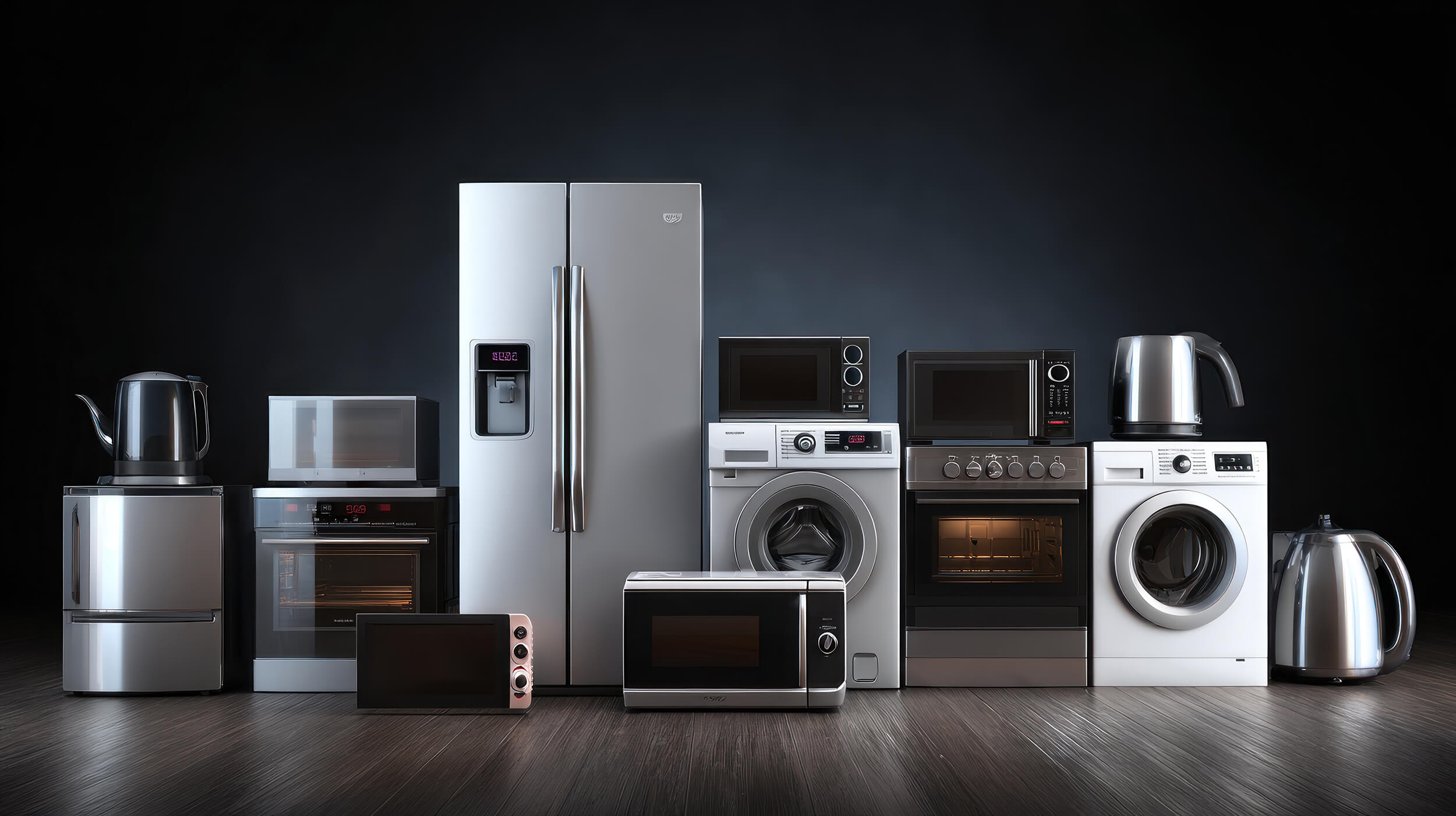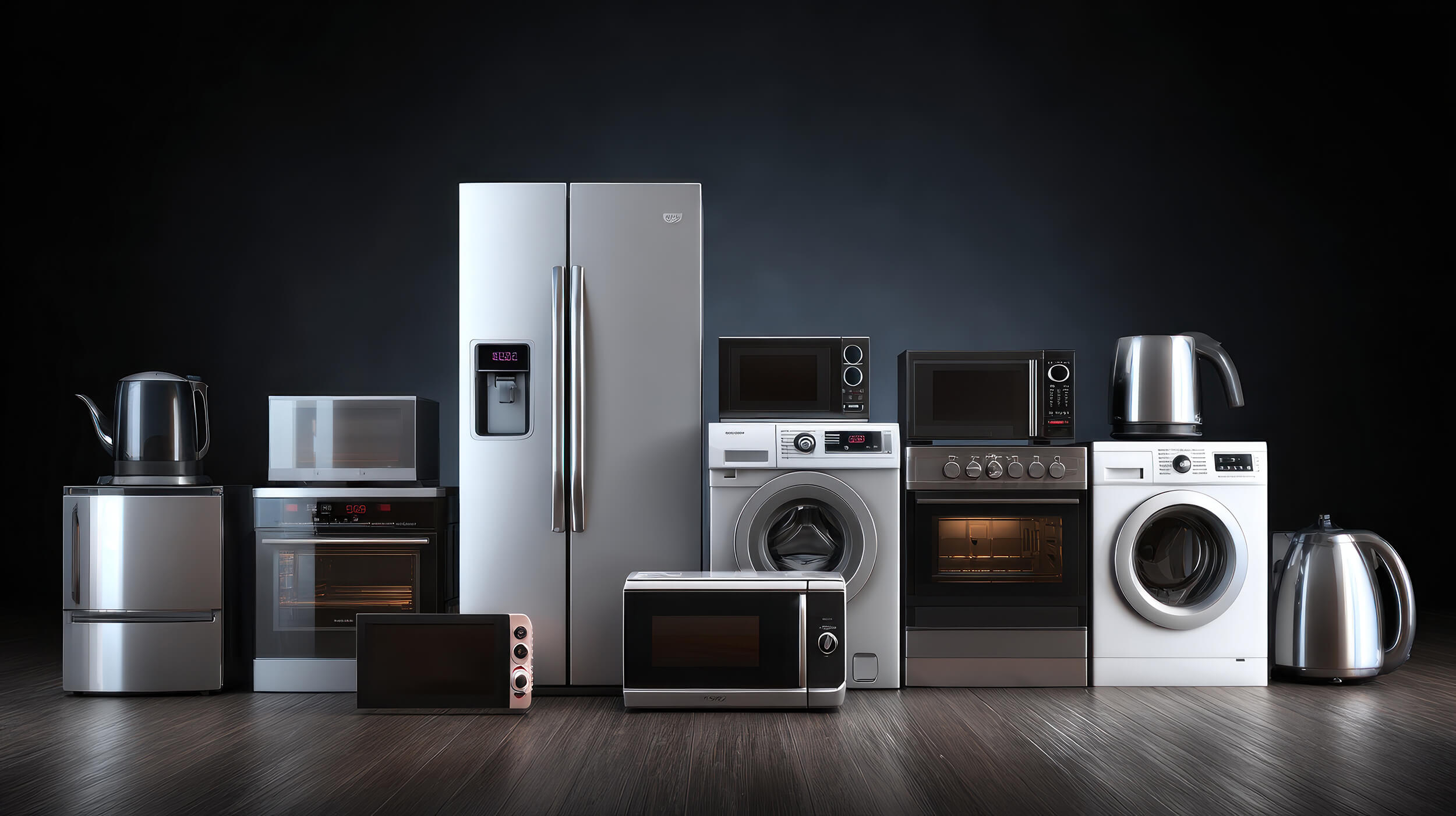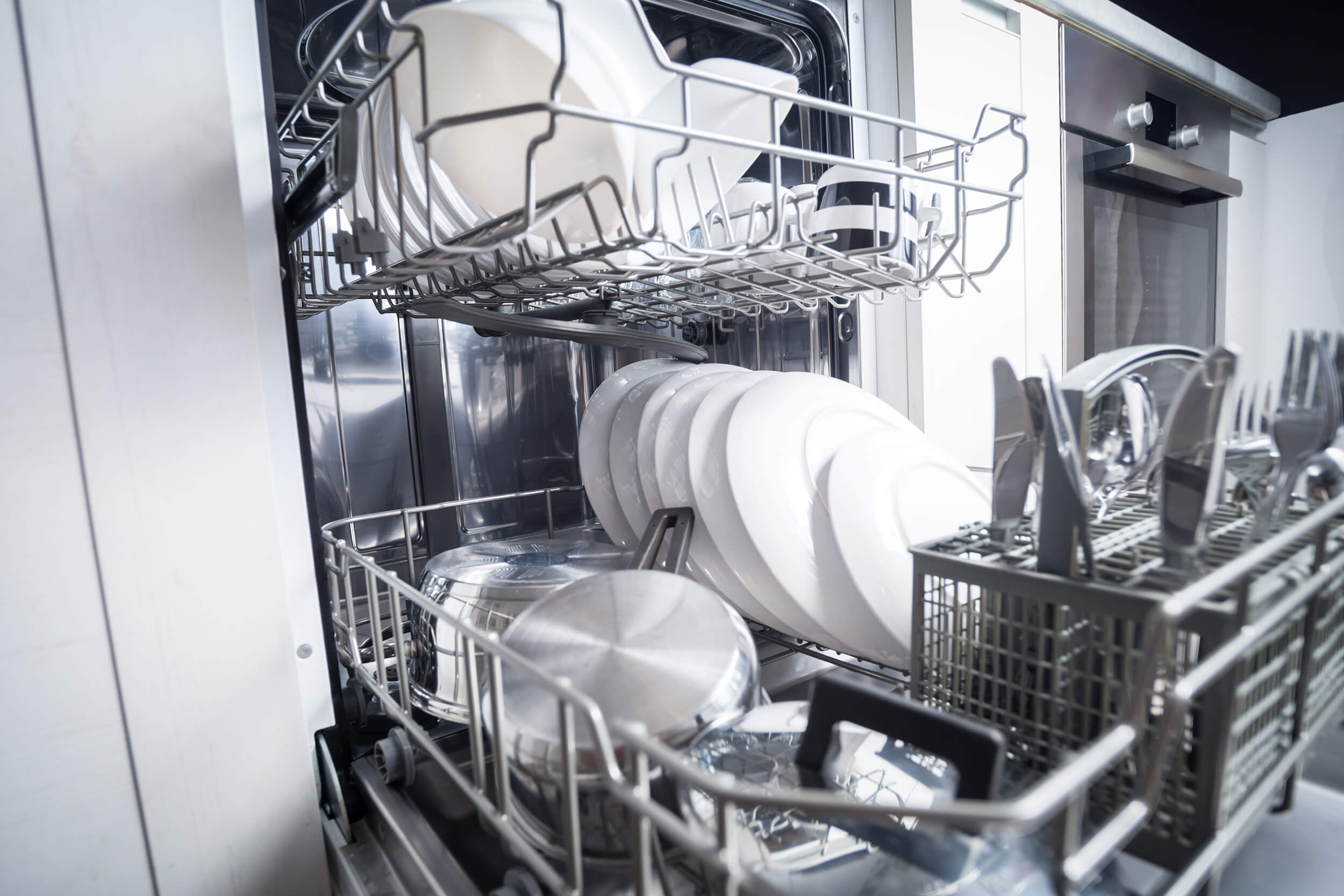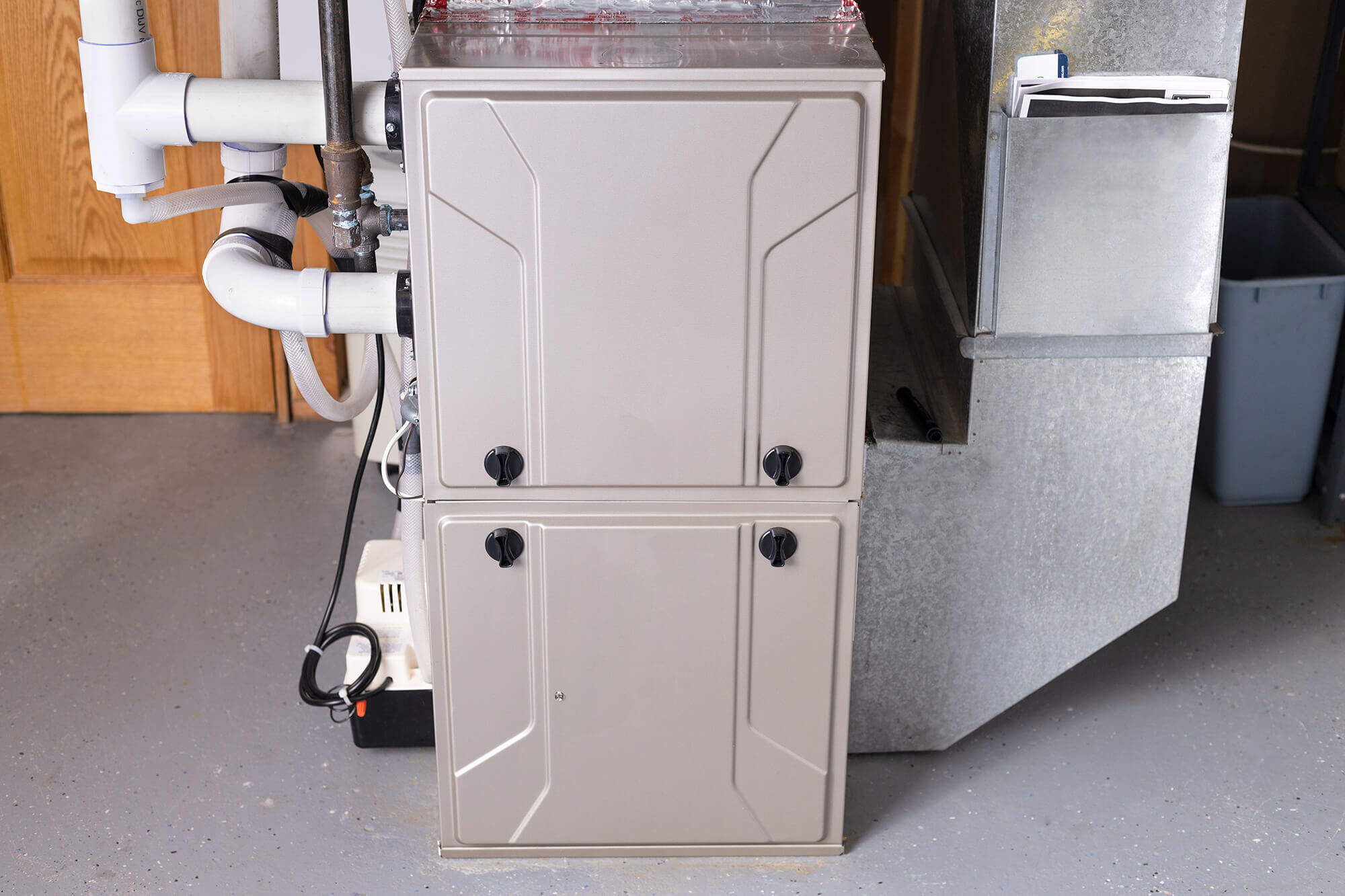Contacts
ASAP: Ben Somberg, bsomberg@aceee.org, 202-658-8129
AHAM: Jill Notini, jnotini@aham.org, 202-872-5955 x 318
NRDC: Emily Deanne, edeanne@nrdc.org, 202-717-8288

Washington, D.C. (September 13, 2023) — Home appliance manufacturers, together with consumer, climate, and energy and water efficiency advocates today announce a consensus plan to improve energy and water efficiency for refrigerators and freezers, beverage and wine chillers, clothes washers, clothes dryers, dishwashers, and cooking products. The jointly recommended standards, if adopted by the Department of Energy (DOE), are projected to save more than 9 quadrillion Btu of energy—reducing costs for families and cutting greenhouse gas emissions while allowing home appliance manufacturers to continue to deliver highly efficient products with the features that consumers want and expect.
“The home appliance industry has played an undeniable role in enhancing household energy efficiency,” said Kelly Mariotti, president and CEO of the Association of Home Appliance Manufacturers (AHAM). “This agreement, if adopted by the Department of Energy, will allow home appliance manufacturers to continue to offer a complete range of energy-efficient products with the features consumers depend on in every home, every day. The home appliance industry will continue working to find new ways to approach regulations that preserve historic efficiency gains while advancing innovation.”
Andrew deLaski, executive director of the Appliance Standards Awareness Project, said: "Standards at these levels will significantly reduce household energy bills and planet-warming emissions, period. The united support for this plan from efficiency advocates and manufacturers clears the path ahead. Getting this done will mean millions of households seamlessly having more efficient appliances for years to come.”
Berneta Haynes, senior attorney at the National Consumer Law Center, said: “Increasing efficiency standards to these recommended levels will be a huge win for consumers, especially low-income families. Many low-income families, who are disproportionately renters, struggle with burdensome power and water bills. For these cash-strapped households, these efficiency standards may mean the difference between whether or not they're able to keep their lights or water on.”
Joe Vukovich, NRDC staff attorney, said: “If you're replacing an appliance at home, you should see savings as a result of this agreement. Improving the efficiency of everyday appliances, such as refrigerators and washing machines, will reduce energy waste, save water, and slash carbon emissions that are driving the climate crisis. Swiftly establishing standards at these strong levels will allow the Department of Energy to continue to make progress with the highly successful efficiency standards program—which already saves the average household $500 annually on their energy bills.”
The parties to the agreement will submit joint recommendations to the U.S. Department of Energy’s ongoing rulemaking dockets for these appliances for consideration.
If DOE adopts the recommendations in the agreement, six categories of appliances will see updated minimum energy efficiency standards, along with updated water efficiency standards for certain products. A summary of the proposed changes in efficiency compared to current standards is below:
- The recommended standards would reduce new refrigerator and freezer energy use by approximately 10-15%, effective in January 2029 or January 2030, depending on product type.
- For beverage and wine chillers, the recommended standards, taking effect in 2029, would reduce energy use by 30% for the major product categories.
- For clothes washers, approximately 11% energy savings and 28% water savings for top-load models and 9% energy savings and 17% water savings for front-load models would kick in beginning in 2028.
- Clothes dryers meeting the recommended standards would use up to 40% less energy starting in 2028.
- The recommended standards for dishwashers would reduce energy use by 15% and water use by 34% relative to the current standards, likely beginning in late 2027.
- New efficiency standards for electric and gas cooking products, which would preserve the features and functionality that consumers expect from their cooking products and have access to today, would take effect in 2028.
A more detailed description of the efficiency levels that the parties have agreed to recommend to DOE is included in a term sheet.
The agreement was reached between the Association of Home Appliance Manufacturers (AHAM) on behalf of all AHAM members that manufacture these products together with the American Council for an Energy-Efficient Economy, Alliance for Water Efficiency, Appliance Standards Awareness Project, Consumer Federation of America, Consumer Reports, Earthjustice, National Consumer Law Center, Natural Resources Defense Council, and Northwest Energy Efficiency Alliance.




